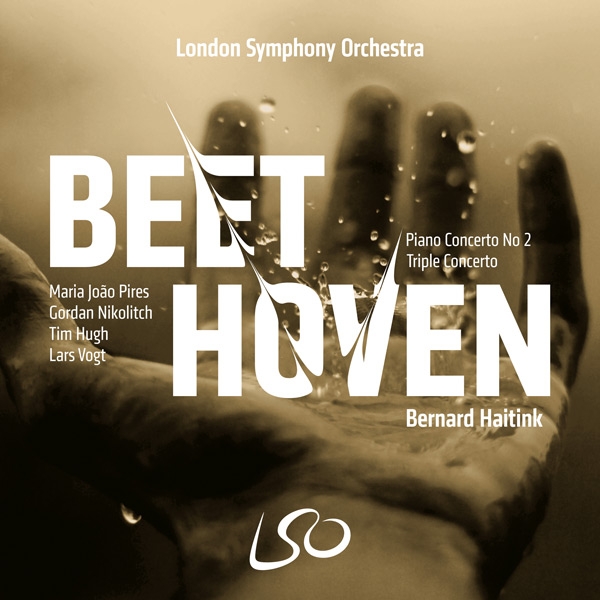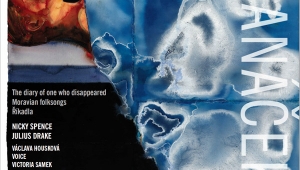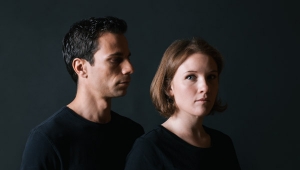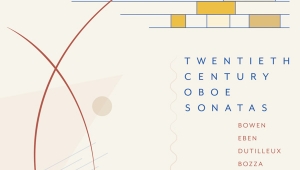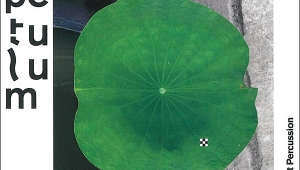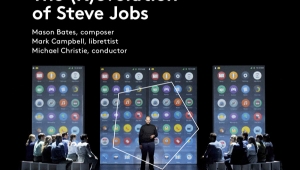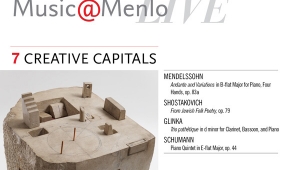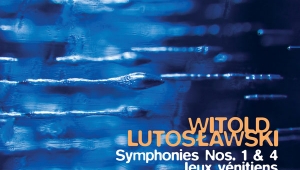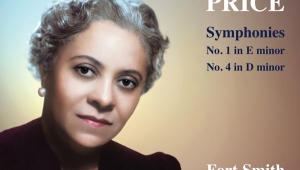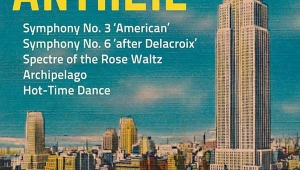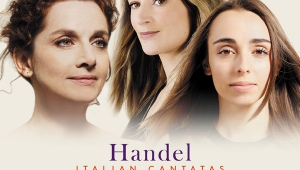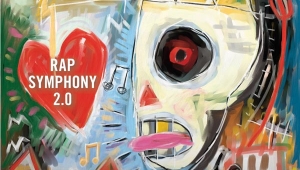| Columns Retired Columns & Blogs |
On Amazon, if you look for Beethoven's Piano Concerto No. 2, there are over 5,000 hits!
I love this work, but I am starting to wonder just how many versions we 'need' and how many more times I need to hear it.
I also admit to having heard "Hotel California" enough times to get me through the rest of this life, and the next!
I realize getting "cover fatigue" from the same songs being recorded over and over is anathema in the context of 'classical music,' but it's starting to make me understand better how poor Arnold Schoenberg was driven to invent dodecaphony...he wanted to hear something different!
Also kinda like how punk may have been a general musical reaction to things like The Moody Blues, et al.
Thank you for taking the hit on this one, Jason. I would utterly lack the energy to track/identify the 44 second differences before the first big melodic expanse. I absolutely appreciate the energy you put in!! Are there any works in the classical/opera canon that you are simply over and done with? I think that would make some interesting cocktail conversation!
Thank you again, I have acquired many fine recording thanks to your efforts.
